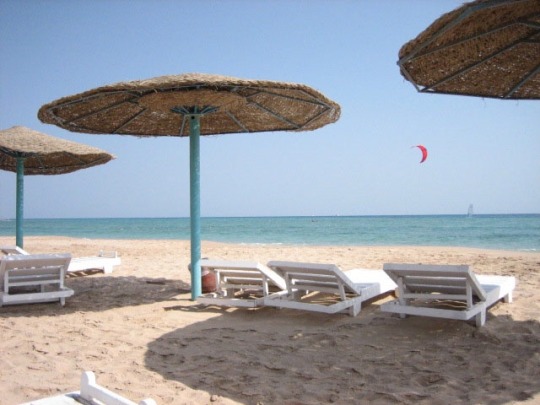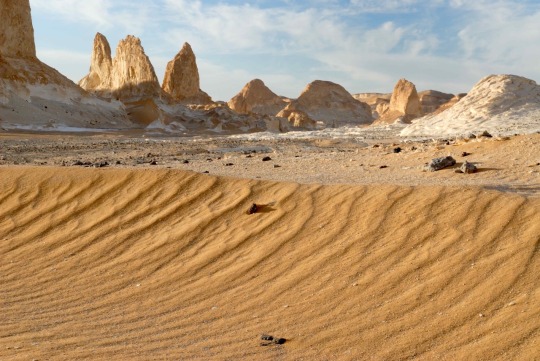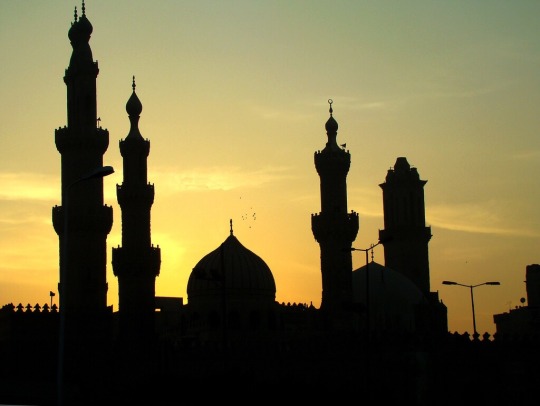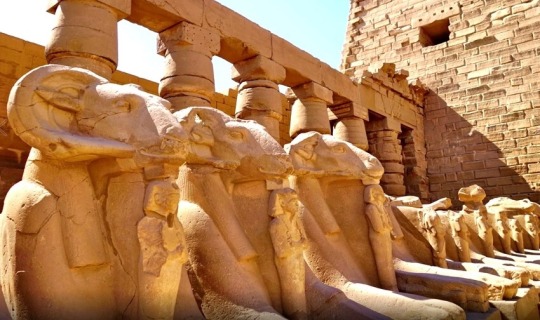Text
Christmas in Egypt 🇪🇬
In Egypt, 10-15% of the population are Christians. They are the only part of the population who celebrate Christmas as a religious festival, as everybody else is Muslim. Most Egyptian Christians belong to the Coptic Orthodox Church and have some unique Christmas traditions. .
Christmas Day isn’t celebrated on December 25 but on January 7 — like in Ethiopia and by some Orthodox Christians in Russia and Serbia. The Coptic month leading up to Christmas is called Kiahk. People sing special praise songs on Saturday nights before the Sunday Service.
For the 43 days before Christmas (Advent), from 25 November to 6 January, Coptic Orthodox Christians have a special fast where they don’t eat anything containing meat or animal products such as milk and eggs. This is called ‘The Holy Nativity Fast’. If people are too weak or ill to fast properly, they can be excused.
On Coptic Christmas Eve (6th January), Coptic Christians go to church for a special service. The service normally starts around 10.30pm but some chapels will be open for people to pray from 10.00pm. Many people meet up with their friends and families in the churches from 9.00pm onwards. The services are normally finished shortly after midnight, but some might go on to 4.00am!
When the service ends, people go home to have the big Christmas feast. Foods now contain meat, eggs, and butter - all the things they didn’t eat during the Advent fast are allowed again. One popular course if 'Fata’ a lamb soup which contains bread, rice, and garlic. On the Orthodox Christmas Day (7th) people come together in homes for parties and festivities. People often take 'kahk’ (special sweet biscuits) with them to give as gifts.
Even though not many in Egypt are Christians, a lot of people in the country like to celebrate Christmas as a secular holiday. Christmas is becoming very commercial and most major supermarkets sell Christmas trees, Christmas food,and decorations. Hotels, parks and streets are decorated for Christmas. In Egypt, Santa is called Baba Noël (Father Christmas). Children hope that he will climb through a window and will leave some presents! They might leave some kahk out for Baba Noël.
In Arabic, Happy/Merry Christmas is 'Eid Milad Majid’ (عيد ميلاد مجيد) which means 'Glorious Birth Feast’. Christmas in Arabic is 'eid almilad’ (عيد الميلاد).
205 notes
·
View notes
Photo

The Nile (النيل) is regarded as the longest river in the world, though conflicting sources cite a 2007 study that claims it’s the Amazon. It’s 6,853 km long, and an international river as its water resources are shared by 11 countries: Tanzania, Uganda, Rwanda, Burundi, Congo, Kenya, Ethiopia, Eritrea, South Sudan, Sudan, and Egypt. North of Cairo, the Nile splits into 2 branches that feed the Mediterranean: the Rosetta Branch to the west and the Damietta to the east, forming the Nile Delta.
287 notes
·
View notes
Text

The Sphinx
302 notes
·
View notes
Text

Hurghada awaits
39 notes
·
View notes
Text

Hurghada
34 notes
·
View notes
Photo

Egyptian Nile Delta
The Nile (Arabic: النيل, Coptic: ⲫⲓⲁⲣⲱ) is north-flowing river in northeastern Africa, generally regarded as the longest river in the world, though conflicting sources cite a 2007 study that gave the title to the Amazon in South America. The Nile, which is 6,853 km long, is an international river as its drainage basin covers 11 countries, namely, Tanzania, Uganda, Rwanda, Burundi, Congo, Kenya, Ethiopia, Eritrea, South Sudan, Sudan, and Egypt. The Nile is the primary water source of Egypt and Sudan - without it, both countries would be in great trouble.
222 notes
·
View notes
Text

The White Desert
171 notes
·
View notes
Text

Hurghada beach
98 notes
·
View notes
Photo

Egypt - A Brief History. The regularity and richness of the annual Nile River flood, coupled with semi-isolation provided by deserts to the east and west, allowed for the development of one of the world’s great civilizations. A unified kingdom arose around 3200 BC and a series of dynasties ruled in Egypt for the next 3 millennia. The last native dynasty fell to the Persians in 341 BC, who were replaced by Greeks, Romans, and Byzantines. It was the Arabs who introduced Islam and the Arabic language in the 7th century; they ruled for the next 6 centuries. A local military caste, the Mamluks, took control around the year 1250 and continued to govern after the conquest of Egypt by the Ottoman Turks in 1517. Following the completion of the Suez Canal in 1869, Egypt became an important transportation hub, but also fell heavily into debt. Ostensibly to protect its investments, Britain seized control of the government in 1882, as nominal allegiance to the Ottoman Empire continued until 1914. Partially independent from the UK in 1922, Egypt acquired full sovereignty following WW2. The completion of the Aswan Dam in 1971 and the resultant Lake Nasser have altered the time-honoured place of the Nile in agriculture and the ecology of Egypt. A rapidly growing population (the largest in the Arab world), limited arable land, and dependence on the Nile continue to overtax resources and stress the population.
72 notes
·
View notes
Text

Cairo
85 notes
·
View notes






